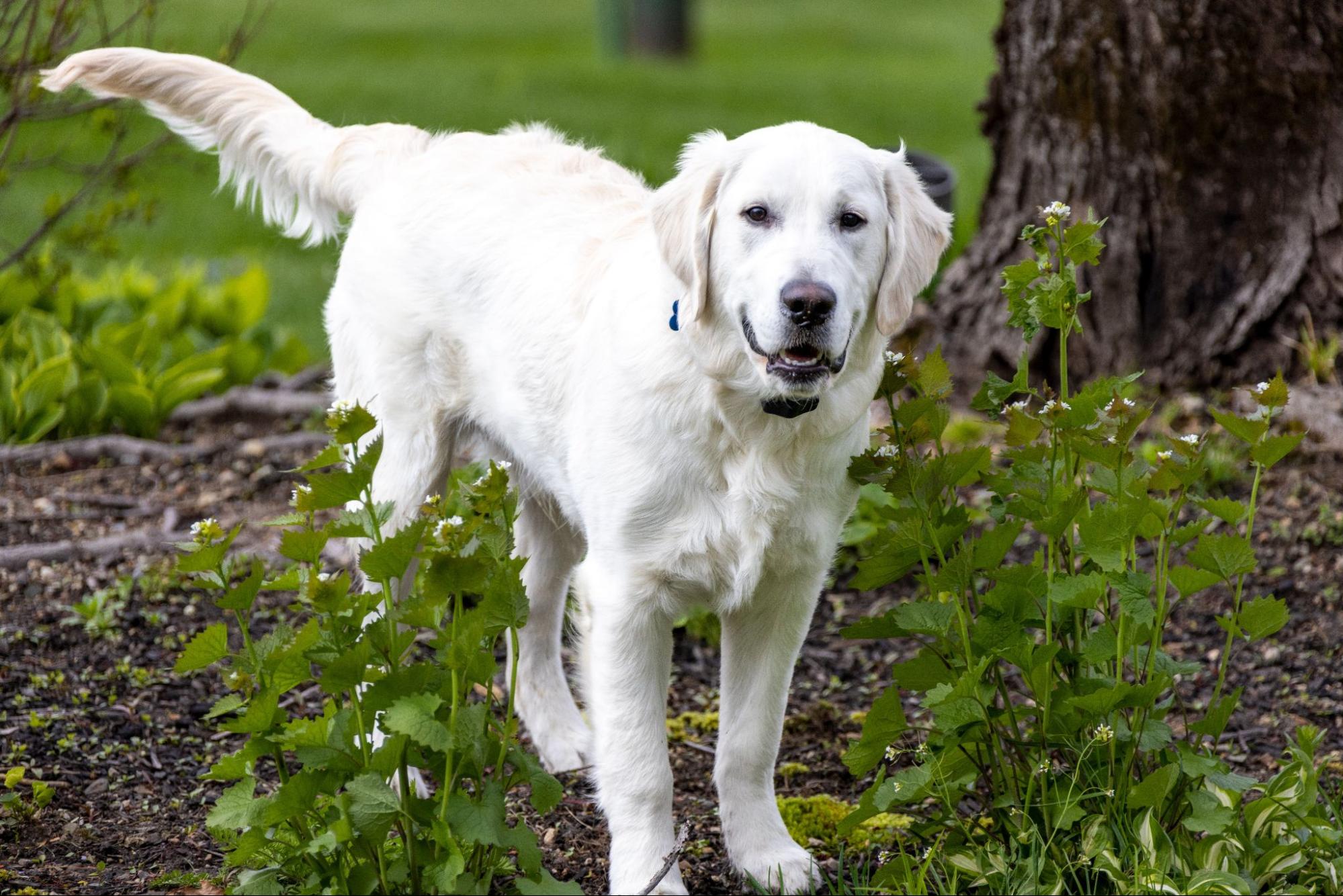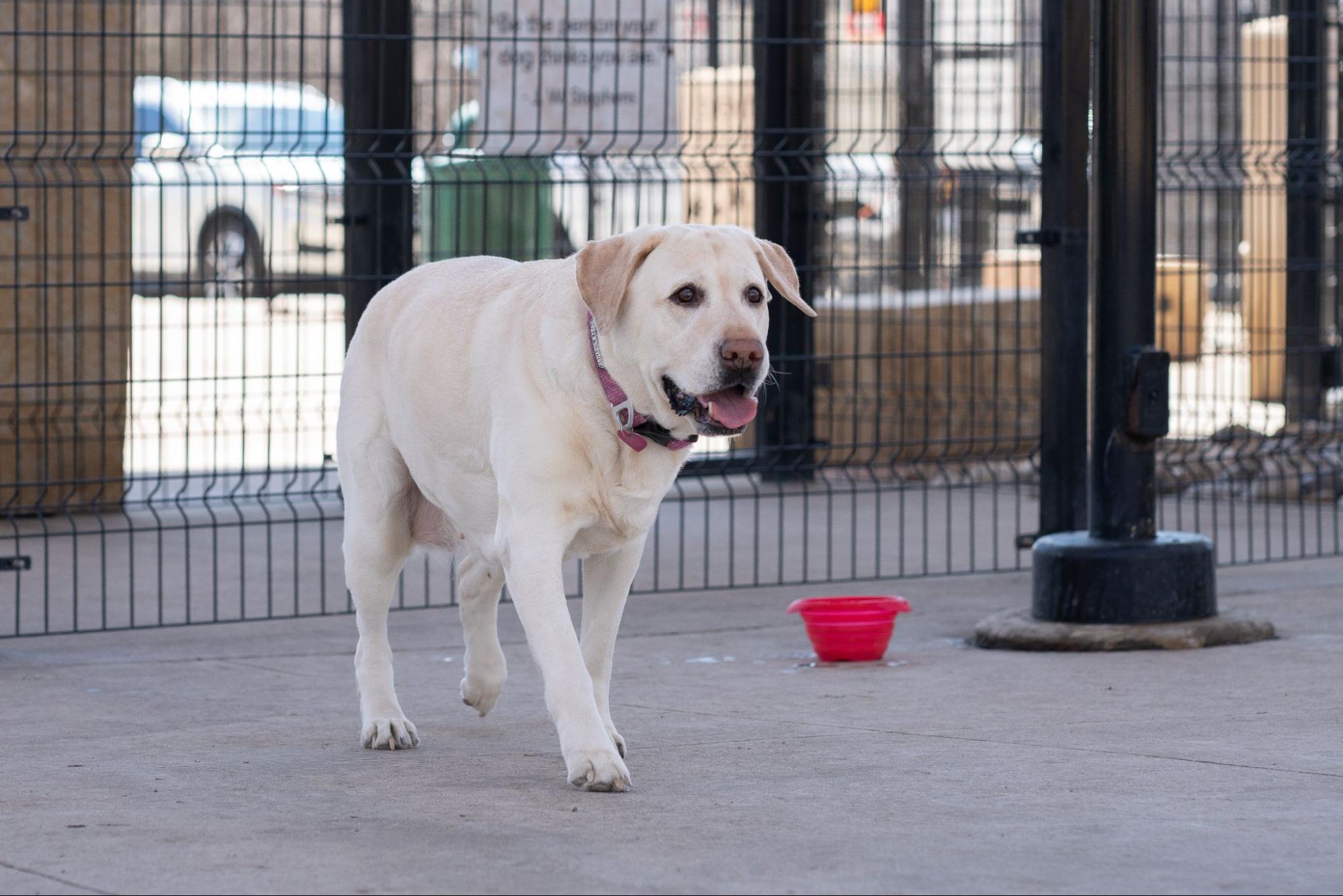
How to Stop a Puppy From Barking When Left Alone
Are you struggling with a Labrador puppy that barks incessantly when left alone? Don’t worry, I’ve got some helpful tips on how to stop this behaviour. Leaving your puppy home alone can be a challenge, but with the right approach, you can teach them to stay calm and quiet while you’re away.
One effective method to address excessive barking is to gradually desensitise your puppy to being alone. Start by leaving them for short periods of time and gradually extend the duration as they become more comfortable. This will help them build confidence and reduce anxiety associated with separation.
Another key strategy is providing ample mental and physical stimulation before leaving. A tired puppy is less likely to engage in excessive barking. Engage in playtime or take them for a walk before leaving, ensuring they have burned off some energy.
Additionally, creating a safe and comforting environment for your furry friend can work wonders. Consider using crate training or designating a specific area where they feel secure. Provide toys or treats that will keep them occupied and distracted from barking.
Remember, patience and consistency are crucial when training your Labrador puppy. With time and proper guidance, you’ll be able to curb their barking habits effectively when left alone.

Understanding the Reasons Behind Puppy Barking
Puppies are known for their adorable nature, but sometimes their incessant barking can leave us puzzled and frustrated. In order to tackle this issue effectively, it’s important to delve into the reasons behind a puppy’s barking behaviour when left alone. By understanding these underlying causes, we can implement targeted strategies to help curb excessive barking.
- Separation Anxiety: One common reason for a puppy’s barking when left alone is separation anxiety. Just like humans, puppies can experience stress and anxiety when they’re away from their family or primary caregiver. This anxiety manifests as excessive vocalisation in an attempt to seek attention and alleviate their distress.
- Lack of Stimulation: Puppies have bundles of energy that need to be channelled appropriately. When they don’t receive enough mental and physical stimulation throughout the day, they may resort to barking out of boredom or frustration. Providing sufficient exercise, playtime, and interactive toys can help address this issue.
- Fear or Alarm: Puppies may bark excessively if they feel scared or threatened by unfamiliar sounds or sights in their surroundings. Their natural instinct is to alert others about potential dangers. It’s essential to create a safe and secure environment for your puppy so that they feel at ease when left alone.
- Attention-Seeking Behaviour: Some puppies learn that barking brings them attention from their owners, even if it’s negative attention like scolding or yelling. This reinforcement encourages them to continue barking whenever they want interaction or companionship.
To address these reasons behind puppy barking when left alone:
- Gradually acclimate your puppy to being alone by starting with short periods of separation and gradually increasing the duration over time.
- Create a positive association with being alone by providing engaging toys or treats that keep your pup occupied.
- Use techniques such as desensitisation and counter-conditioning to help your puppy overcome separation anxiety.
- Establish a consistent daily routine that includes ample exercise, mental stimulation, and quality time spent with your pup.
- Consider enrolling in obedience training classes or seeking professional guidance from a certified dog trainer specialising in behavioural issues.
By understanding the underlying causes of puppy barking when left alone and implementing appropriate strategies, you can help your furry friend become more comfortable and content during solo moments. Remember, patience, consistency, and positive reinforcement are key to achieving lasting results.